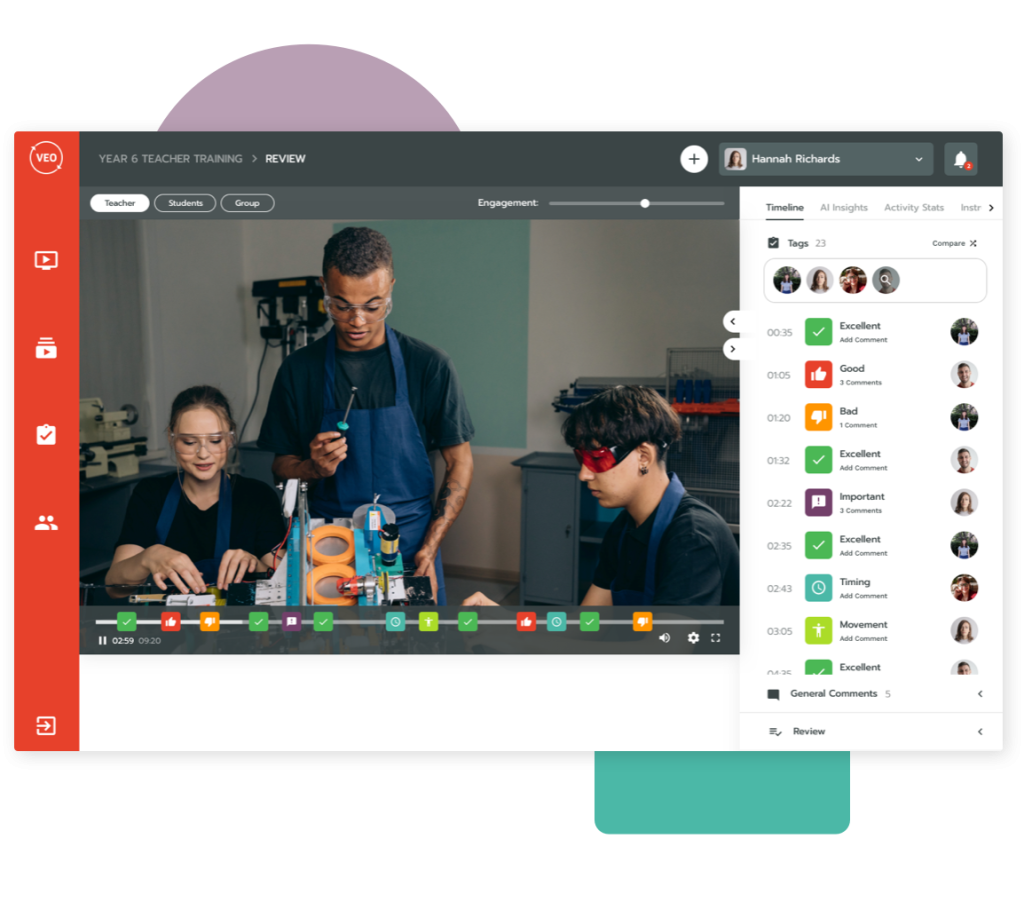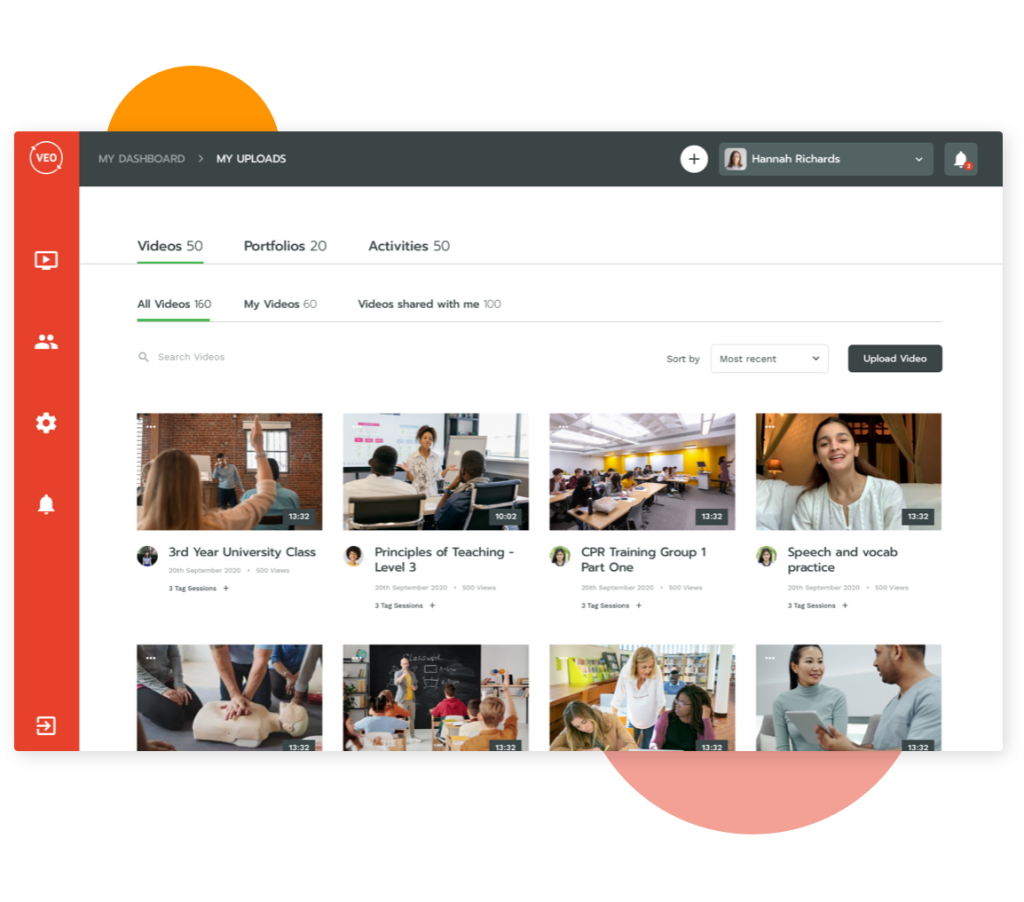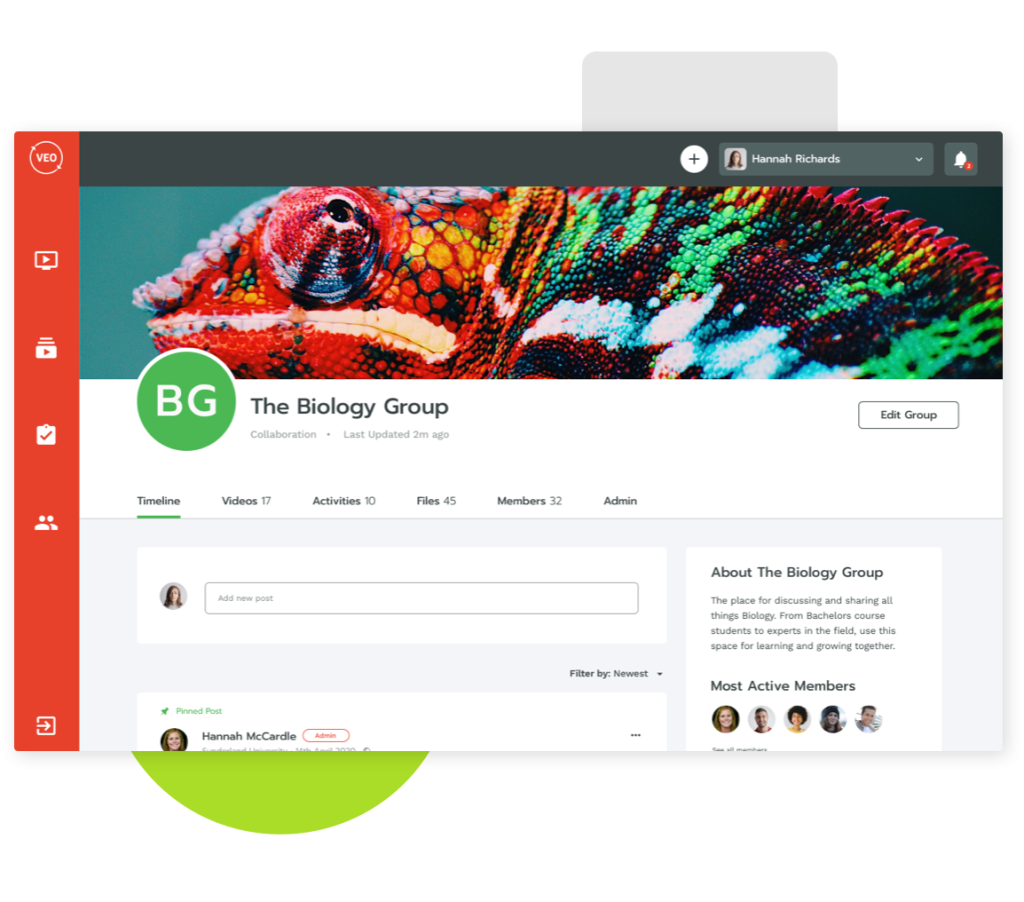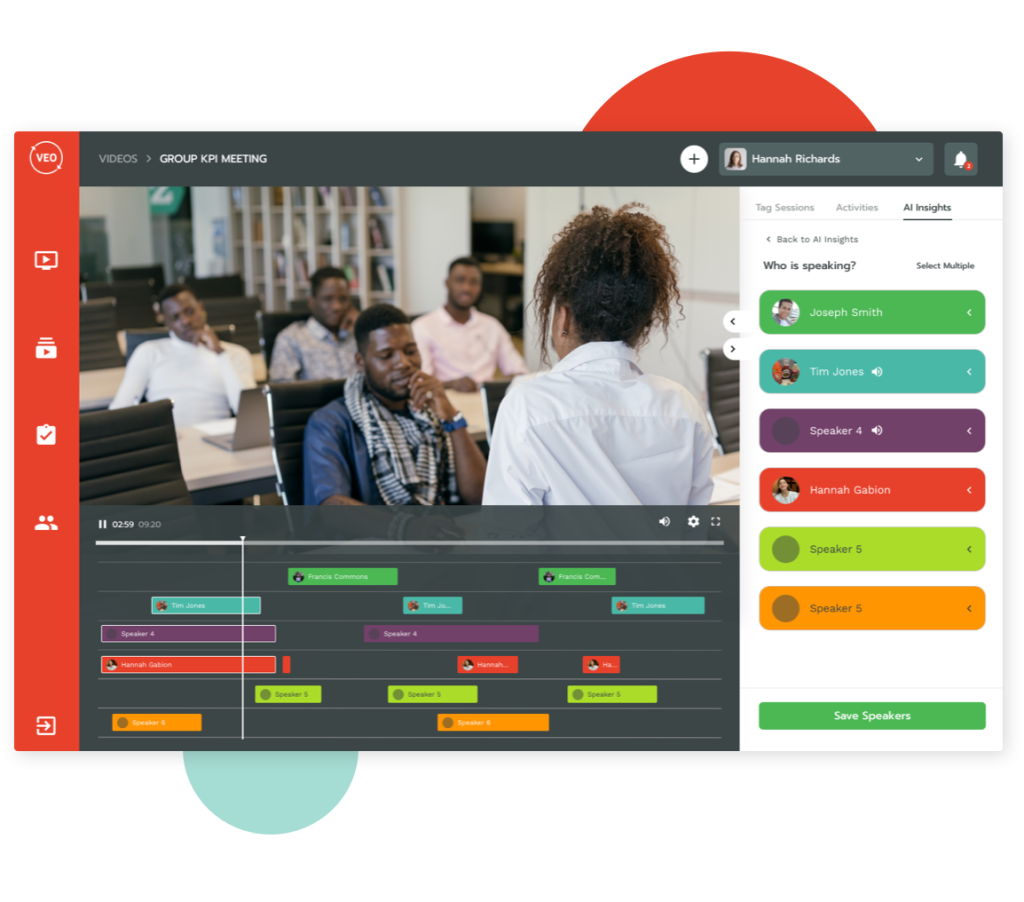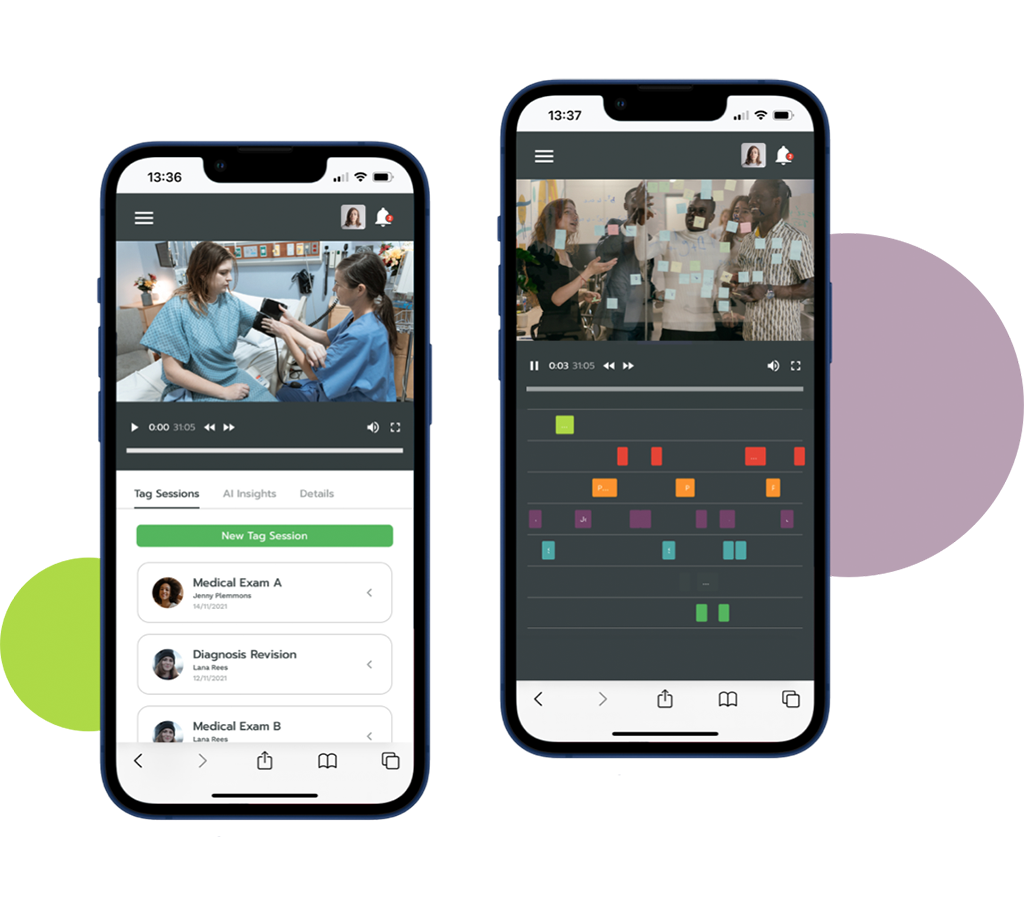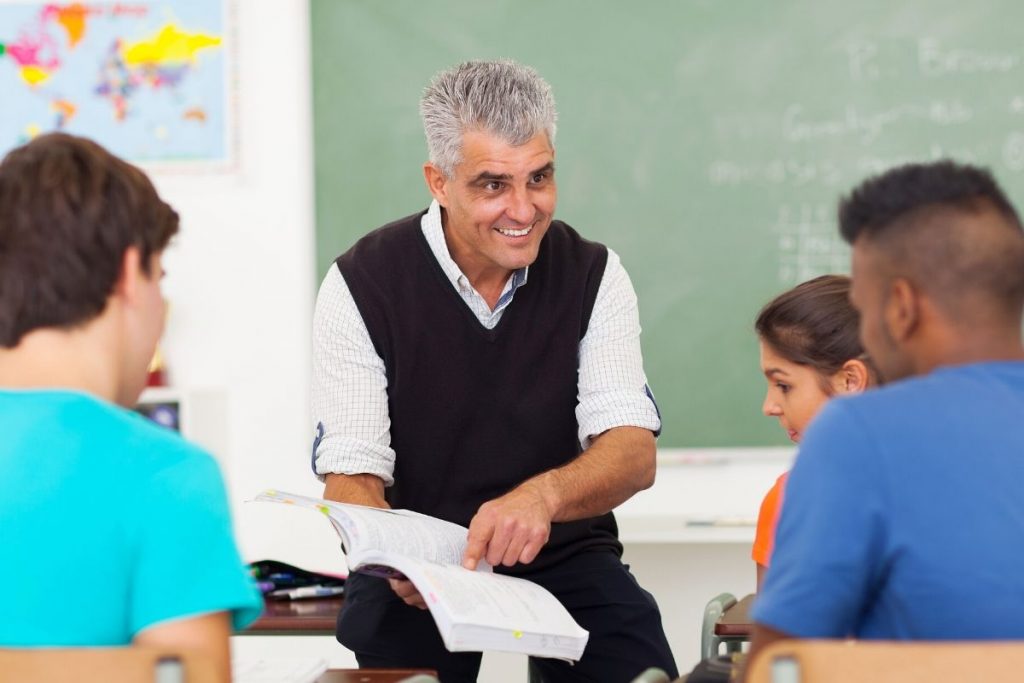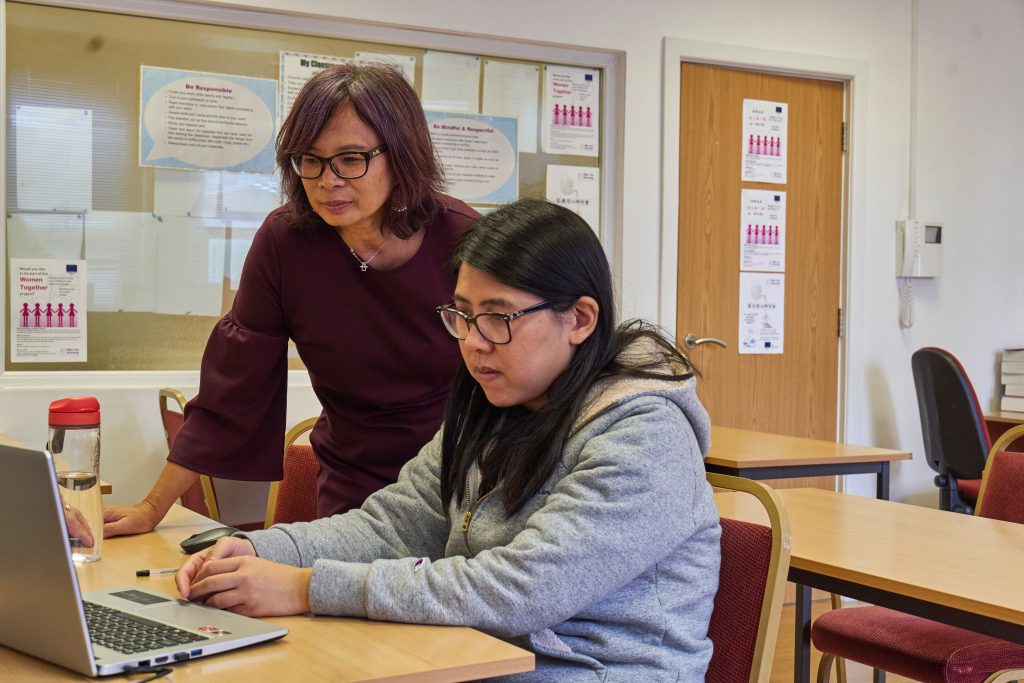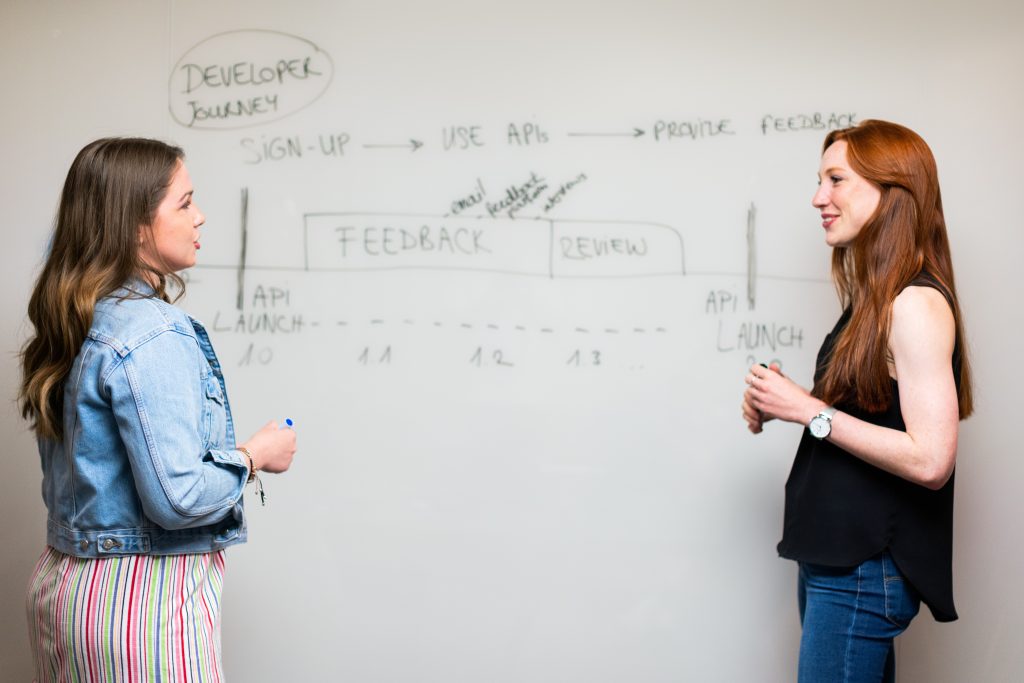All teachers know that self-reflection is a hugely important part of the profession. Finlay (2008) defines reflective practice as “learning through and from experience towards gaining new insights of self and practice”.
To show you exactly how this process can help improve your performance in the classroom, we’re discussing 5 of the key benefits of self-reflection for teachers.
1. Aids professional development
Why do people reflect on anything? To improve. According to standards provided by Lifelong Learning UK, reflecting on the way you teach is a key part of developing your skills and working towards the ‘ultimate goal’ – being a good teacher.
Self-reflection on how you teach gives you the knowledge to actively improve your teaching skills. And whether it be in terms of student engagement, clarity, or any other classroom aspect, you’re ultimately looking to improve the learning experience and outcomes for your students.
For instance, self-reflection can help you to identify strengths and weaknesses within a lesson plan to improve the way you teach any given curriculum area. It’ll also give you the opportunity to determine how you can develop your skillset to progress your professional development as a teacher.
2. Creates a student-centred learning environment
With the ‘flipped classroom’ revolution, many classrooms are moving from a teacher-centred learning environment to a student-centred one. Being reflective and adapting your teaching to suit your students is a key part of putting your students’ best interests first.
Not to mention, if you’re actively engaging in self-reflection, you can pass this process onto your students and encourage them to become more reflective learners too. An invaluable transferable life skill to take with them when they leave the confines of the classroom.
3. Increases confidence
Contrary to popular belief, reflecting on your teaching performance isn’t all about what you did badly. Yes, it’s important to focus on areas that need improving, but it’s also important to focus on what you did well and why it worked so that you can replicate it across other lessons and adapt it when teaching other classes.
Knowing you’re good at your job is a great confidence boost. It’s one thing someone telling you, but seeing it for yourself can be hugely productive. That’s why we’re such advocates of video learning platforms – they allow you to physically see what you did well or what can be improved, rather than hearing it from someone else.
4. Encourages honesty
Whilst reflection isn’t entirely focused on what could be improved, it is important to be honest so that you can make real progress. And whilst it’s great to be confident in your ability, there’s always room for some sort of improvement.
Understandably, some observers can find giving honest, constructive feedback tricky for various reasons. Maybe they don’t want to upset a colleague, or maybe they simply can’t remember why they thought a certain aspect of a lesson was particularly good when they go back to their notes. Either way, engaging in self-reflection, as well as getting other peoples’ feedback, can give you a more rounded view of how you performed in a lesson.
An easy way to look at your own performance is to record it and watch it back. When you’re watching it, try to be as objective as possible, and make your notes as if you’re observing someone else. Once you’ve done this, you might then find it useful to share with colleagues for their feedback.
VEO is used by teachers across the world for this very reason, you can find out more on our teacher development page.
5. Keeps lessons current
Reflecting is an important part of keeping your teaching relevant to your students, so you can improve their focus and learning. It encourages you to be innovative and keep up to date with new practices and strategies which might help tackle any areas you feel you need to improve on.
As a teacher, it’s easy to get stuck in your ways, especially if you’re teaching similar content year on year. There’s always a new spin to be considered though, and this may help your teaching resonate better with your students. Self-reflection will help you to find and implement your new ideas in the most effective ways.
How can teachers use VEO for self-reflection?
By its very nature, self-reflection should be carried out regularly to help your professional development and continuous improvement over time. VEO allows lessons to be recorded and stored easily and securely, so you can compare videos and monitor your improvement.
Our user-friendly time-tagging feature enables key learning moments to be tagged, so you can find them in seconds when you come to revisit an old clip. These lightbulb moments that can really accelerate your journey to build confidence and get better at what you do.
If you’d like to know more, contact us to arrange a demo.
